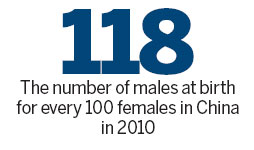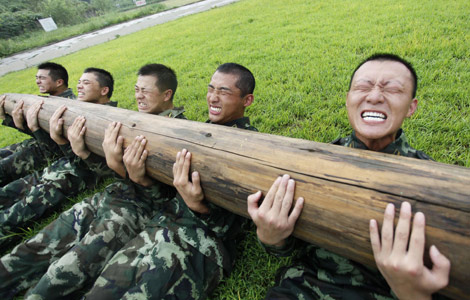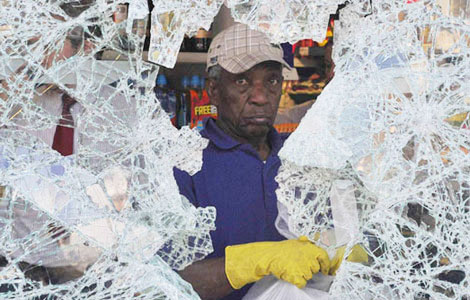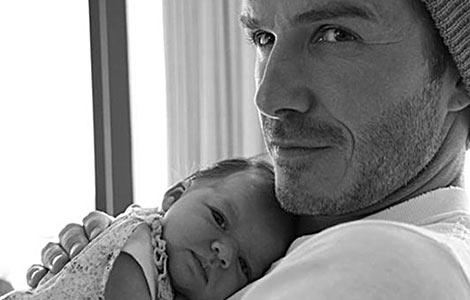China becoming even more male
Updated: 2011-08-10 07:14
By He Dan and Cang Wei (China Daily)
|
|||||||||||
BEIJING - Census figures show an increasingly imbalanced sex ratio at birth on the Chinese mainland, Deputy Health Minister Liu Qian said at a news conference on Tuesday.
However, Liu did not respond to a reporter's question about whether or when China will relax its family planning policy to curb the imbalance.
China's sex ratio at birth was 118 males for every 100 females in 2010. The number of males for every 100 females has risen consistently every decade from 108 in 1982, 111 in 1990 and 116 in 2000.
|
 |
A traditional preference for sons and the abuse of medical technology such as illegal sex-selective abortion and other factors has led to the situation, he said.
The government has taken a series of measures to address the problem, including improving the country's social security system and harshly cracking down on sex-selective abortions, Liu said.
Doctors found practicing non-medical-related sex checkups or sex-selective abortions will lose their licenses, and any medical institutions found to be involved will also be given harsh punishments, said Liu.
Liu made the above remarks at a news conference on Tuesday to unveil the 10-year working plans for women and children (2011-2020), which were issued by the government on Monday.
China will continue improving the nutrition, access to education, health and social security network for all children, said Song Xiuyan, vice-president of the All-China Women's Federation and deputy director of the National Working Committee on Children and Women.
For instance, the outline urges the government to set up at least one special education school for disabled children in every city and county with more than 300,000 residents.
The government is also striving to enhance the coverage of health insurance for children in the next decade while offering more financial aid to facilitate orphaned children, children in poverty or those suffering from major diseases to receive medical services, Song said.
Wang Zhenyao, chief of Beijing Normal University's One Foundation Philanthropy Research Institute, said Chinese children enjoy insufficient welfare services compared with their counterparts in many Western countries.
"There is almost no serious illness relief system in China," said Wang. "Many poor families can only turn to charitable organizations for help."
Xinhua contributed to this story.
Related Stories
Family policy relaxed in Zhouqu 2011-08-09 07:44
Women seek larger role 2011-08-10 07:17
Hot Topics
Anti-Gay, Giant Panda, Subway, High Speed Train, Coal Mine, High Temperature, Rainstorm, Sino-US, Oil Spill, Zhu Min
Editor's Picks

|

|

|

|

|

|







